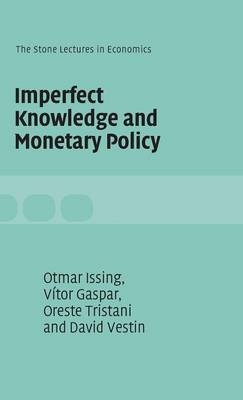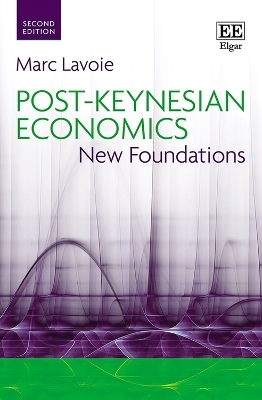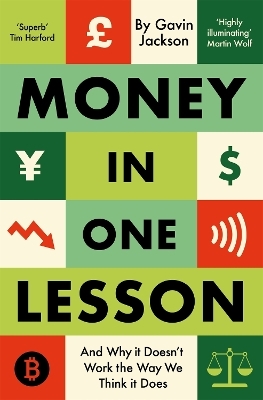
Imperfect Knowledge and Monetary Policy
Cambridge University Press (Verlag)
978-0-521-85486-3 (ISBN)
Based on lectures given as part of The Stone Lectures in Economics, this book discusses the problem of formulating monetary policy in practice, under the uncertain circumstances which characterize the real world. The first lecture highlights the limitations of decision rules suggested by the academic literature and recommends an approach involving, first, a firm reliance on the few fundamental and robust results of monetary economics and, secondly, a pragmatic attitude to policy implementation, taking into consideration lessons from central banking experience. The second lecture revisits Milton Friedman's questions about the effects of active stabilization policies on business cycle fluctuations. It explores the implications of a simple model where the policy maker has imperfect knowledge about potential output and the private sector forms expectations according to adaptive learning. This lecture shows that imperfect knowledge limits the scope for active stabilization policy and strengthens the case for conservatism.
Otmar Issing is a member of the Executive Board, European Central Bank. Vítor Gaspar is Special Advisor, Banco de Portugal. Oreste Tristani is Principal Economist, DG Research, European Central Bank. David Vestin is Economist, DG Research, European Central Bank.
Acknowledgments; Introduction; Outline of the two lectures; First lecture: Monetary Policy in Uncharted Territory. 1. Introduction; 2. Uncharted territory: unique historical events; 3. Achieving price stability; 4. Avoiding excess volatility in inflation, output and the interest rate; 5. Pragmatic monetarism: The Bundesbank; 6. A stability-oriented strategy: the ECB; 7. Conclusions; Second lecture: Imperfect Knowledge, Learning and Conservatism. 1. Introduction; 2. Time inconsistency, cost-push shocks and Rogoff's conservatism; 3. Empirical output gap uncertainty; 4. Output gap uncertainty, learning and conservatism; 5. Different degrees of CB's knowledge and information; 6. Conclusions; References.
| Erscheint lt. Verlag | 16.2.2006 |
|---|---|
| Reihe/Serie | The Stone Lectures in Economics |
| Zusatzinfo | 1 Tables, unspecified |
| Verlagsort | Cambridge |
| Sprache | englisch |
| Maße | 140 x 216 mm |
| Gewicht | 330 g |
| Themenwelt | Wirtschaft ► Volkswirtschaftslehre ► Finanzwissenschaft |
| Wirtschaft ► Volkswirtschaftslehre ► Makroökonomie | |
| ISBN-10 | 0-521-85486-5 / 0521854865 |
| ISBN-13 | 978-0-521-85486-3 / 9780521854863 |
| Zustand | Neuware |
| Haben Sie eine Frage zum Produkt? |
aus dem Bereich


